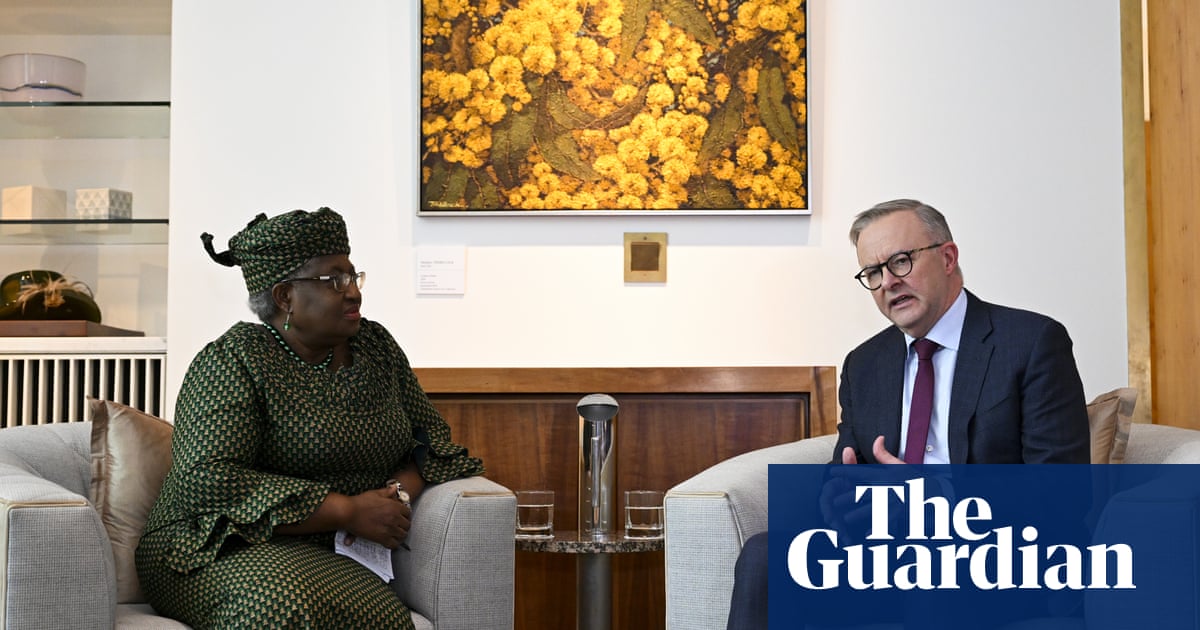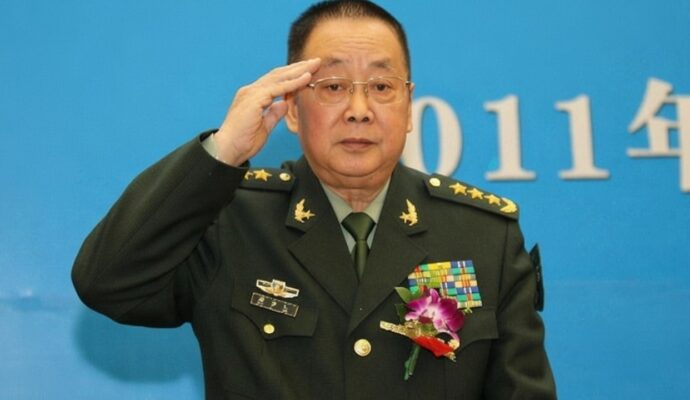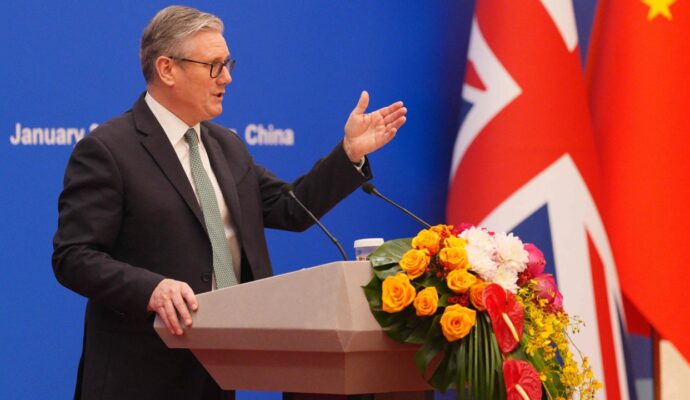
Australia has teamed up with China and more than 100 countries to protest longstanding blockages at the World Trade Organization as the United States vetoes appeal judge appointments.
Australia and China remain at odds over specific trade disputes between them – such as Beijing’s tariffs on Australian wine and barley – but are united in concern about the years-long disruption to a key appeal body.
Australia is pushing for a “fully and well-functioning dispute settlement system” so alleged breaches of trade rules can be “effectively addressed by all members, regardless of their size or influence”.
“Australia is concerned about the real costs, both commercial and systemic, that arise from the current appellate body impasse,” a Department of Foreign Affairs and Trade spokesperson said.
The WTO continues to set up panels to hear initial disputes between countries about unfair tariffs and subsidies – including those that are currently considering the barley and wine cases.
But the impasse disrupts later attempts to appeal against those panel decisions to a higher umpire.
The crisis stems from the then-Trump administration’s decision to block appointments of judges to the top WTO appeal body – which the US claimed was overstepping its role and encroaching on US sovereignty.
The failure to replace retiring judges caused the top appeal body to grind to a halt in 2019. The Biden administration has not resumed appointments, saying the US concerns about the dispute system “remain unaddressed”.
Australia and China were among a large number of co-sponsors of a proposal put to a meeting of the Dispute Settlement Body in Geneva on Tuesday.
They stressed “the urgency and importance” of filling seven vacancies on the appeal body. They are empty due to a combination of retirements and resignations over the past few years.
The proposal called for selection processes to be launched so the umpire could again function properly.
Mexico’s representative, speaking on behalf of 127 members including Australia and China, said the group was concerned the current situation was “seriously affecting the overall WTO dispute settlement system against the best interest of members”.
It was the 61st time the group had pushed its proposal to start the selection process.
The US opposed the proposal from the 127 members and instead called for “fundamental” reform, according to an official summary of the meeting.
The US representative told Tuesday’s meeting the country was still seeking “an improved and reformed dispute settlement system” and would engage further with other members on the topic.
That prompted Mexico, on behalf of the 127 members, to complain that the US had provided “no legal justification for the current blocking of the selection processes, which is causing concrete nullification and impairment of rights for many members”.
Dfat said Australia regularly made interventions at the WTO on the matter and broader talks were continuing.
“Australia is cooperating with the WTO membership on dispute settlement reform, including the US and China, and welcomes all members’ active participation in discussions in Geneva to address this important issue,” the spokesperson said.
A temporary workaround was set up in 2020 by a small number of WTO members, including Australia, China, the EU and Mexico, but this arbitration system is only available to those who join it. So far it has just 25 members.
In Beijing this week, Australia’s foreign affairs minister, Penny Wong, and her Chinese counterpart, Wang Yi, nominated trade and economic issues as one of the areas for renewed dialogue between the two countries.
Australia’s key trade priority is to urge China to drop tariffs and unofficial trade bans on a range of commodities, which were rolled out in 2020 at the height of the diplomatic rupture.
The next most likely step in the “stabilisation” of the relationship would be a meeting between the trade minister, Don Farrell, and his Chinese counterpart. Farrell has said he is available to meet at any time or place to try to find a resolution.
The prime minister, Anthony Albanese, told reporters on Friday his government was “engaging constructively” with Australia’s largest trading partner.
China’s two-year freeze on high-level talks – which extended from early 2020 to June 2022 – was “obviously problematic” for the relationship, Albanese said.
WTO panels are expected to issue their final reports on the wine and barley disputes in the first half of 2023.

